For years we have heard stories of our mothers and grandmothers mixing together household ingredients to make curious concoctions said to work miracles on the skin and hair.
With the rise of Pinterest do-it-yourself home remedies and increased wisdom on the ways in which natural and chemical ingredients affect the skin, we can now revisit the age-old skin and haircare regimens from a more critical and better-informed vantage point to find out which of the hacks can actually make up for the money often spent on brand name skin care.
Here are a few of the mixtures and treatments Egyptian women used in their routines, and a quick peek into whether or not they actually work.
Rosewater and wheat starch face masks
For plump and firm skin, an old recipe suggests mixing wheat starch with rose water. After no more than ten minutes, this mixture is said to have a tightening effect on the skin. But is this formula safe and effective?
The short answer is yes. Rose water has recently become an extremely popular skincare product, especially for prepping and toning the skin. Its many benefits include balancing the natural oils in the skin, being an antioxidant, reducing redness, wrinkles, and fine lines, as well as tightening the skin. Adding the wheat starch – which has no particular effect on the skin, but is used in many homemade skincare concoctions – simply gives it the structure that allows it to firm up and dry out on the face to function as a mask rather than being absorbed directly into the skin.
The immediate effect of this do-it-yourself treatment is tightened skin and a refreshed feel, and over time it could lead to fewer lines and plumper skin. That being said, its effects are not drastic.
Banana peel for dark spots

Some Egyptian mothers and grandmothers will tell you never to throw away banana peel before getting its full benefit. Simply by rubbing it over your skin, they say, it can help in reducing dark spots and circles on the face.
Again, they are right about this one. Banana peel has been observed to brighten the skin, and like rose water, reduce lines and wrinkles. The naturally occurring oils in bananas are found in their highest concentration in the peel, and can also make it function as a moisturizer for dry skin. According to some studies, banana peel contains antioxidants and could also have anti-inflammatory properties. However, like the rosewater mask, such gentle, natural skincare hacks rarely have an instant or dramatic effect.
Garlic and olive oil hair masks
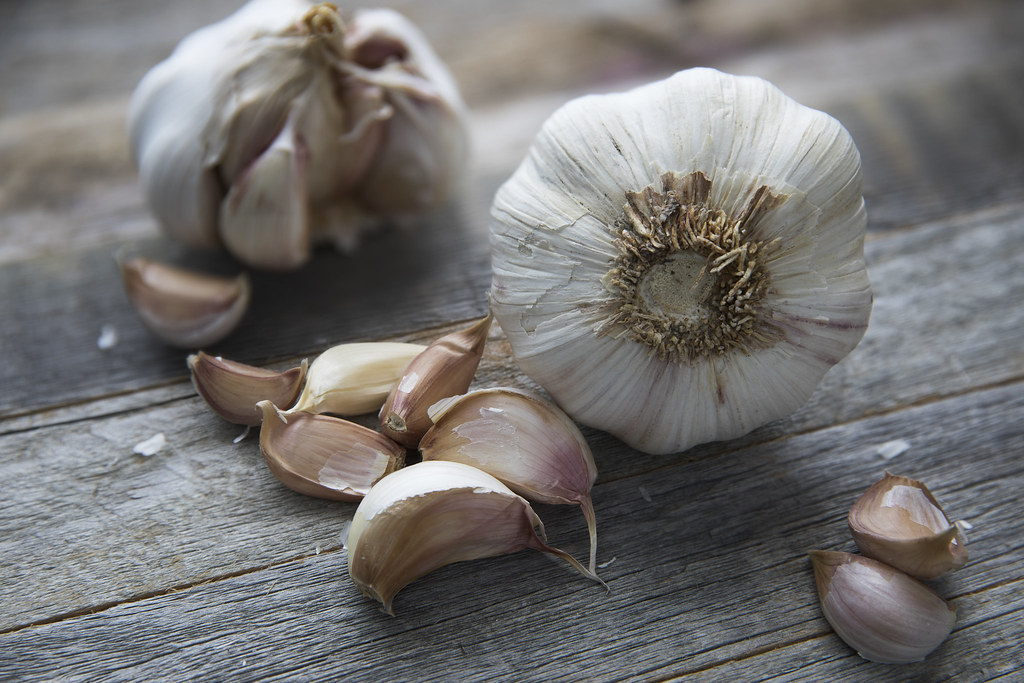
One of our readers told us that she was told by the women in her family that warming up garlic and olive oil together and rubbing them into her scalp is good for her hair. She herself wasn’t a fan of the idea, and the idea of having hair that smells like garlic can’t be very appealing. But are there benefits to it? And if so, are they worth the stench?
The benefits, it seems, are there. The naturally occurring sulphur and antioxidants in garlic both have a positive effect on the health of the hair and scalp. Studies further shows that garlic can help protect the skin cells that produce keratin, a protein that promotes hair health. Olive oil, on the other hand, can be good for some hair types, but not all. For some, it can have a deep moisturizing effect, letting hair grow more soft and supple. For others with more oily and acne prone skin, it has been known to exacerbate these issues.
Whether these benefits are worth the stench are for every person to decide for themselves. The smell of garlic is known not to come out easily, but some of the suggestions to get rid of it include adding unsweetened coffee to shampoo or a few drops of lemon juice to conditioner.
Honey and egg yolk hair masks
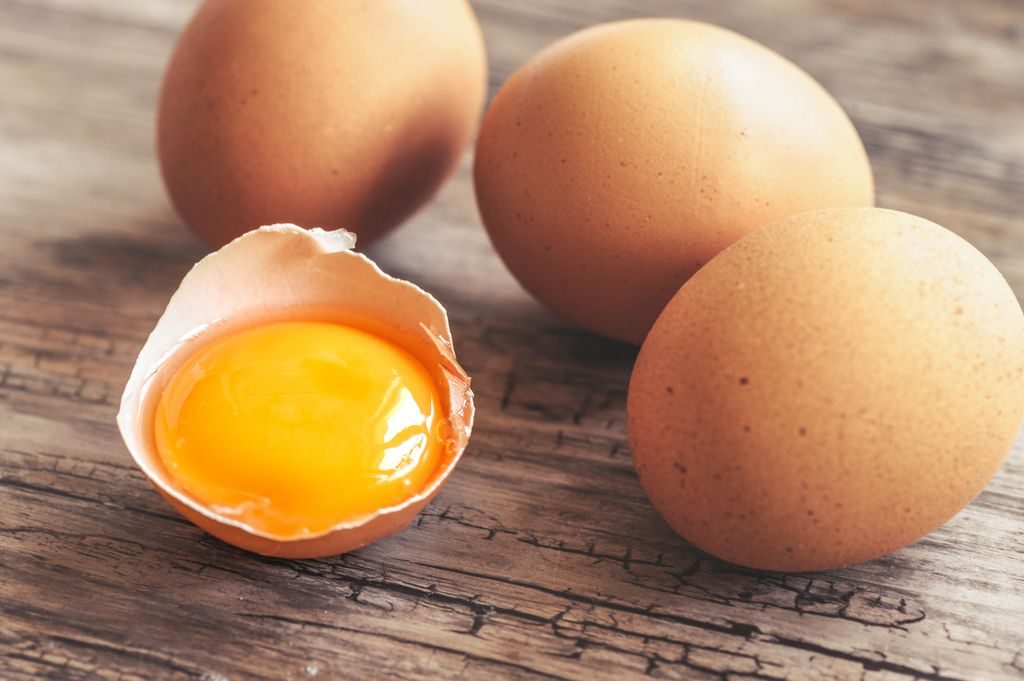
The idea of putting sticky honey and gooey egg yolks onto your hair may be off-putting to some, but it is another of our foremothers’ at-home skincare hacks. And again, they seem to have been right on the money.
Egg yolks have plenty of benefits for hair growth and health. They function as a moisturizer due to their naturally occurring fats, while their naturally occurring proteins help you get shiny and nourished hair. Mixing them with honey is also thought to add to their benefit. Honey, which has properties that both smooth out hair follicles and moisturize the scalp, can amplify the effects of the egg yolk, leaving the hair soft and the scalp healthy. It is important to note that it is highly recommended to use raw honey for any home skin or hair treatments.
Olive oil for cuticles
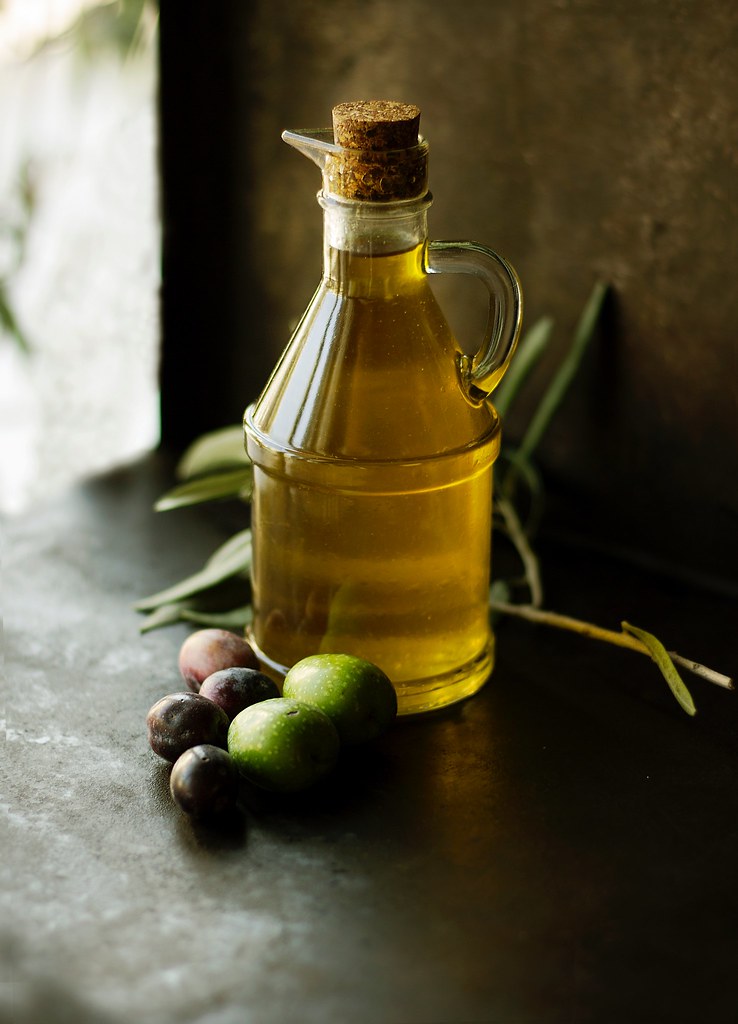
Far from its function as a key ingredient in salad dressings, olive oil is considered a staple in home skin and hair remedies. While, as mentioned above, using it for the scalp and face is not recommended for skin type – particularly not for oily or acne-prone skin – Egyptian moms and grandmothers recommend using it to moisturize and soften cuticles.
They seem to be right about this one again. The use of oils on cuticles generally has a softening effect, but olive oil specifically is full of healthy properties. It is rich in vitamin E, and deeply moisturizes. Not only that, but it also helps in calcium absorption, allowing nails grow stronger and faster.
Honey and lemon face masks
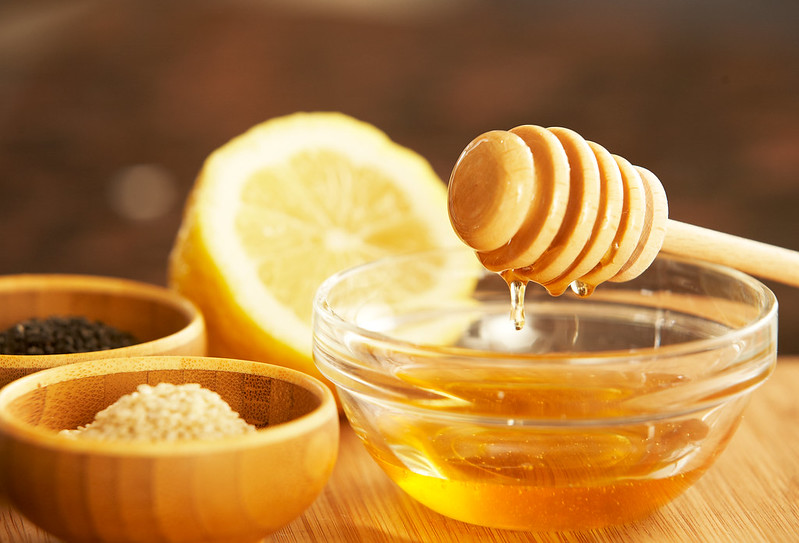
The healing powers of honey are all but legendary and it is another one of the natural products mothers and grandmothers swear by. But when mixed with lemon and used as a face mask, the benefits may come with some unwelcome side effects.
Honey is soothing and moisturizing and full of healthy properties such as being antibacterial and anti-inflammatory. And while lemon, too, is naturally filled with vitamin C and can help with oiliness and inflammation, it is highly acidic, and should be used on skin with extreme caution. In fact, those of us with dry, sensitive or easily irritated skin should stay away from lemon skin treatments in general.
Halawa (sugaring) for hair removal
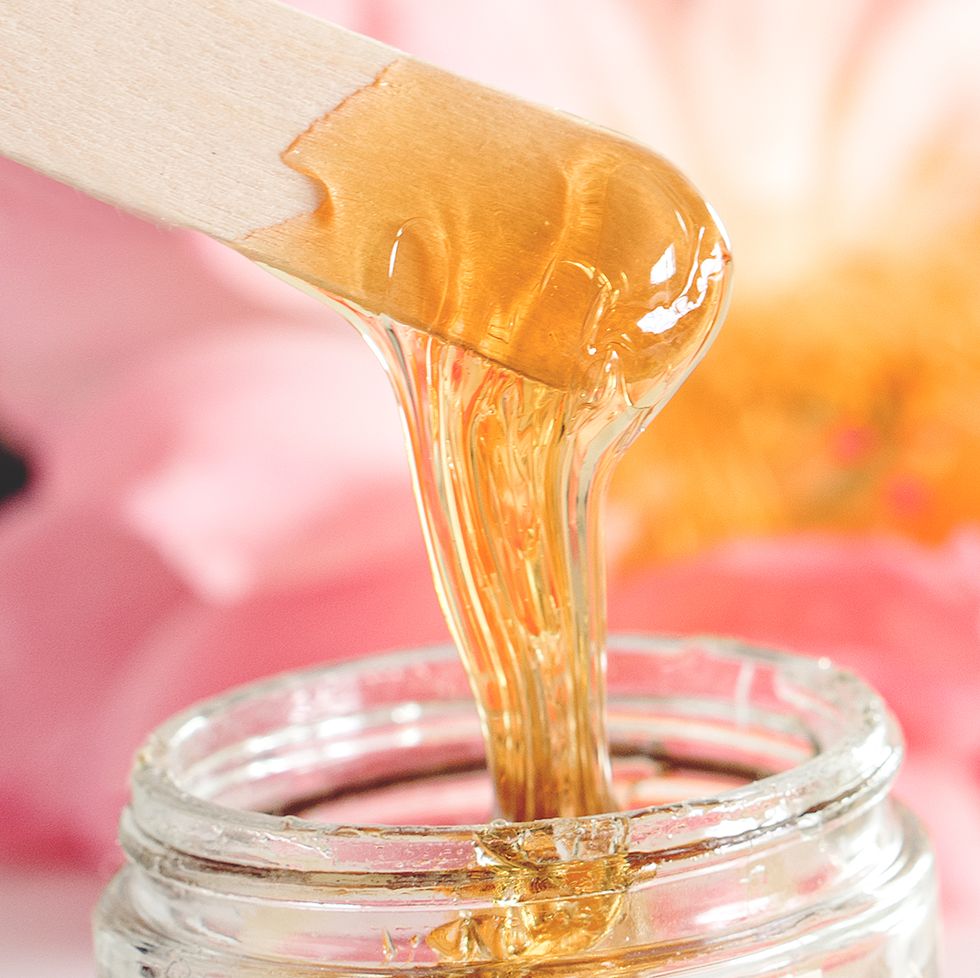
What many mothers and grandmothers refer to as ‘healthy waxing’ is simply a mix of water, sugar, and a few drops of lemon. This sticky concoction spread on the skin, left to firm up, and wrenched off is a time-honoured hair removal technique.
Our foremothers have been fully vindicated by recent discussions around sugaring, as it is becoming a more and more popular method that is, indeed, considered safe and healthy – more so than waxing. Not only is it more natural, but it is also more sanitary and far less likely to cause any skin injuries. It is also less likely to result in bumps and ingrown hairs and may lead to a decrease in hair growth in the long run.
What we’ve discovered from looking into our mothers’ and grandmothers at-home skin and haircare recipes is that they generally had the right way about things, and made helpful observations in how household items can act as gentle treatments. It is, however, always important to test any ingredient on your skin to see if it causes any reaction, and to know your type of skin so you do not reach for something that is likely to exacerbate any existing skin issues.
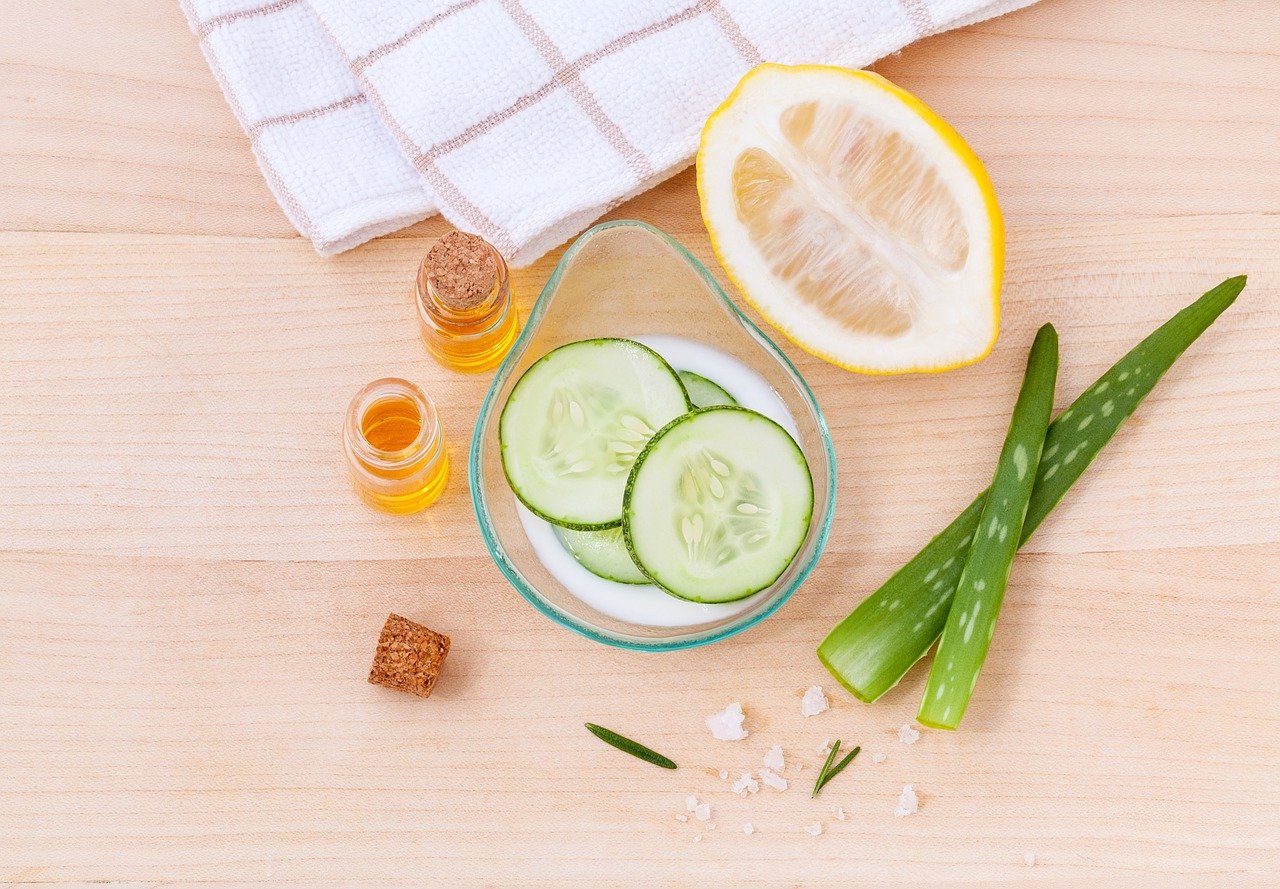






Comments (4)
[…] Do Our Egyptian Mothers’ and Grandmothers’ Skin and Haircare Regimens Work? […]
[…] Source link […]